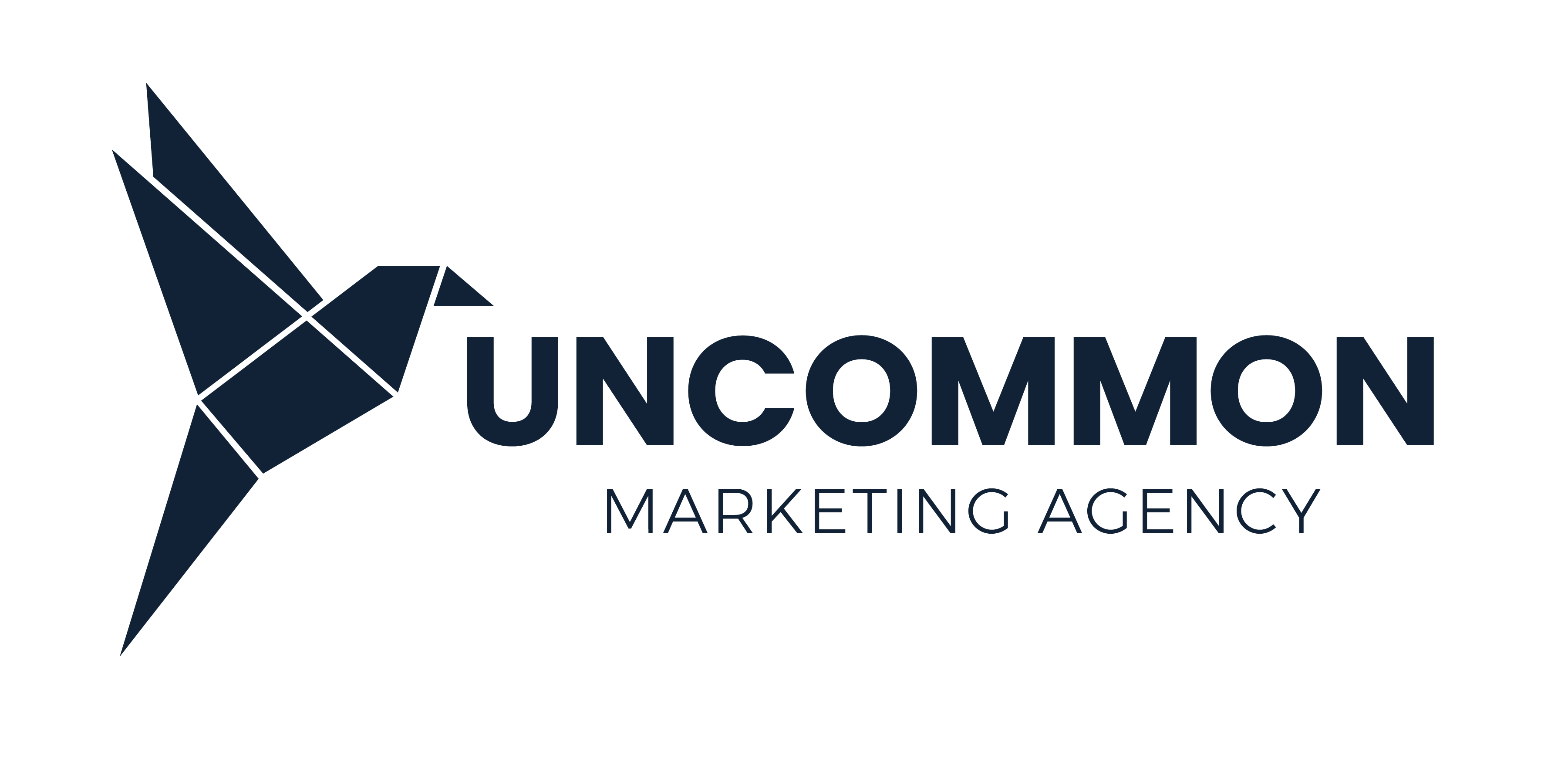Practically every business has been negatively impacted by the ongoing pandemic, whether it’s declining sales, logistical hurdles, or staffing issues. There are numerous government initiatives to help businesses tackle these problems and survive the economic impact of COVID, but what if it’s your actual product that needs tweaking, the way you promote your business, or the method in which your customer is able to acquire your product? For some industries the answers are more obvious. Restaurants are offering delivery rather than dine-in. Retail outlets can promote curbside pickup instead of packing their stores during Black Friday. However, for many businesses the solution isn’t so simple, and a little creativity may be required to pivot your business to meet the demands of this new world. While I don’t claim to have all the answers for your specific product or service offering, here are some ideas to help you get the ball rolling.
- Go contactless and paperless, when it makes sense.
The pandemic has forever changed the way humans will interact in business. With the popularity of Zoom and other online collaboration tools, employees expect more flexibility when it comes to conducting business remotely. The same goes for your customers. Many will not want to meet in your boardroom when a video conference will suffice. Nor will they want to pass papers back and forth when they can sign a document digitally instead. If your business hasn’t gone paperless with its processes yet, now is the time to start. There are affordable automation and integration platforms that allow you to digitize paperwork and automatically integrate it into your existing systems.
- Explore other promotional venues besides trade shows.
Trade shows were one of the best ways to market your company and build lasting business relationships. But right now they’re just not feasible, and they likely won’t be for the next year or so. Virtual trade shows are an option, but they tend to miss the mark and can be extremely disjointed and confusing to navigate in a virtual space. You don’t really have a captive audience like you do at an in-person event, and people are reluctant to pay for a ticket to a virtual conference. These are some ways you can supplement your marketing and advertising in the absence of in-person events:
- Start a company YouTube channel with informative videos on your products and how-to videos related to your company’s offerings.
- Gather all the business cards you’ve acquired over the years, and scan them into a marketing automation platform so you can build an email distribution list. Send out a monthly newsletter showcasing your products, videos and other company info. Keep your company top-of-mind and spur some conversations.
- Get back to the low-tech basics. I’ve found that younger generations of employees are reluctant to pick up the phone and call the customer, opting for email communications instead. But during the pandemic, many people are isolated and craving a little human contact. Giving your current customers and prospects a call may be what sets you apart from the competition.
- Blogging is still an extremely effective way to drive traffic to your site and consistently appear in searches. New blog posts are automatically boosted higher in Google search results and they instantly tell users that your company is active in your industry. A company blog should be a mix of informative, entertaining, and product focused articles.
- Ensure you’re posting regularly to social media, including Facebook, LinkedIn, Twitter and Instagram. If you’re creating blog posts and videos, you have plenty of content to fill your social media pipeline.
- Be sensitive.
There is a fine line between adapting your business to a crisis situation and appearing opportunistic or exploitive. I have seen some ads in extremely poor taste, promoting “pandemic sales” or even pitching emerging economic opportunities as a result of the pandemic in an excited tone. This is obviously insensitive to the millions of people who have lost friends and family members to this virus, or are struggling to make their next rent payment. There are companies marketing supplements that state or imply they provide protection against COVID-19. Tom Brady’s immunity blend called Protect was instantly criticized for exploiting coronavirus fears. Offering solutions to the problems people are facing is totally fine, if done in a respectful, ethical and tactful way.
- Make the jump to e-commerce sales.
If you’re not already selling online, it’s not too late to make the leap. During the pandemic there have been many disruptions to the usual supply chain, and retail stores aren’t buying as many non-essential items from their vendors. If your company sells to distributors or retail stores, you may want to consider a direct-to-consumer approach. Creating an e-commerce website and marketing it to the end user could be an untapped revenue stream for your business.
- Change your product to meet new demand, or add a new product line that leverages your existing capabilities
This is perhaps the most drastic pivot a company can make, but there are already numerous success stories out there. Here are a few examples for inspiration:
- A Canadian liquor distillery, Hiram Walker & Sons, has started making hand sanitizer using their existing equipment.
- A popular photo booth rental company called The SnapBar instantly lost all of its existing business in March when the pandemic started. Within four days they came up with a new service which is now wildly successful: they launched a project called Keep Your City Smiling, which sells gift boxes “filled with high quality products, sourced from local small businesses in each city where we operate.”
- Bauer, the hockey equipment company, switched from making gear for the ice to creating medical gear inspired by protection for athletes. They’ve designed medical shields to be worn in conjunction with regular medical masks to provide total facial protection.
Keep in mind that a pivot doesn’t necessarily mean you have to start making medical supplies. Think of the broader long-term impact that the pandemic will have on our society, and how your company fits into that. Things like less commuting and the requirements for full home office setups; or the reduction of social gatherings and its effect on individuals and companies, and what people will need to help fill that void.
At The Uncommon Ground we would love to hear from you and help your business during this time in any way we can. Please feel free to contact us today.

